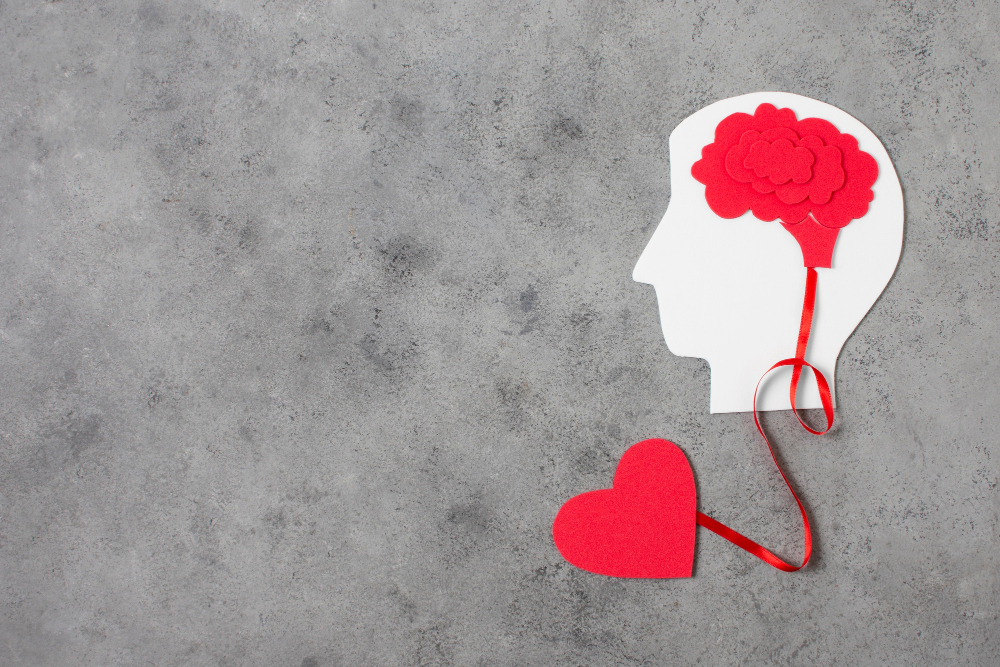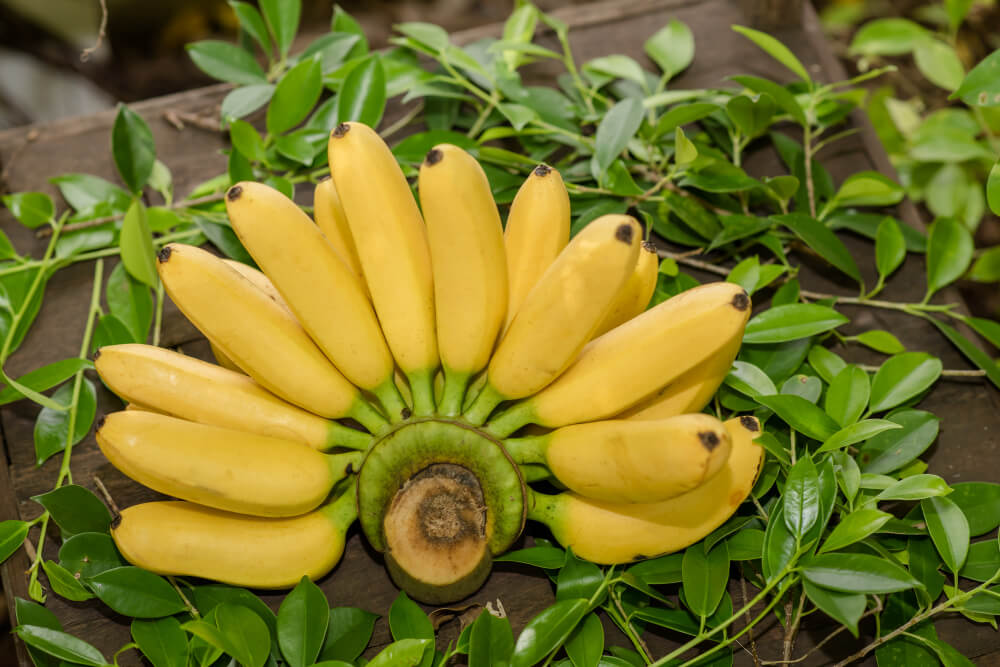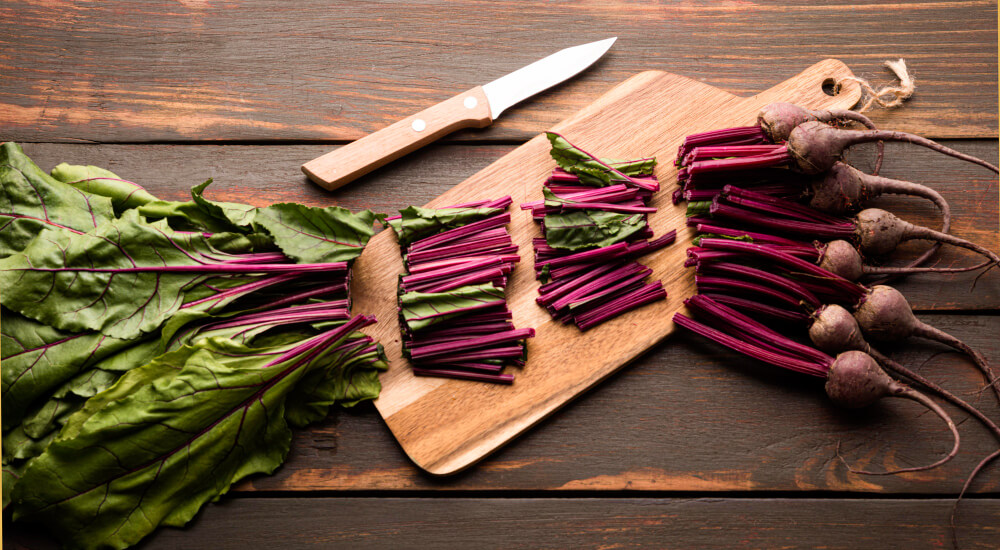What foods to avoid (raw, undercooked)

Pregnancy is a beautiful journey filled with excitement, curiosity, and lots of questions especially about food. As an expecting mother, what you eat directly impacts your baby’s health and development. While cravings may lead you toward certain comfort foods, it’s just as important to know which foods to avoid, especially those that are raw or undercooked.
Let’s dive into why certain foods are considered unsafe during pregnancy and which ones you should steer clear of for the next nine months.
Why Avoid Raw and Undercooked Foods?
During pregnancy, your immune system naturally becomes suppressed. This makes it harder for your body to fight off harmful bacteria and parasites, increasing the risk of foodborne illnesses such as listeriosis, salmonella, toxoplasmosis, and E. coli infections. These can lead to serious complications including miscarriage, premature delivery, or developmental issues in the baby.
Foods to Avoid During Pregnancy: The Raw and Undercooked List
1. Raw or Undercooked Meat
-
Examples: Steak tartare, rare burgers, undercooked lamb or pork
-
Risk: May contain harmful bacteria such as Toxoplasma or Salmonella.
-
Tip: Always cook meat to the proper internal temperature. Avoid pink centers or juices.
2. Raw or Undercooked Eggs
-
Examples: Soft-boiled eggs, homemade mayonnaise, raw cookie dough, Hollandaise sauce
-
Risk: Potential Salmonella contamination.
-
Tip: Use pasteurized eggs or thoroughly cook them until both yolk and white are firm.
3. Raw Fish and Shellfish
-
Examples: Sushi (with raw fish), sashimi, oysters, clams, mussels
-
Risk: May contain Listeria, parasites, or viruses.
-
Tip: Opt for fully cooked fish or vegetarian sushi options.
4. Deli Meats and Processed Meats
-
Examples: Cold cuts, hot dogs, pepperoni, salami
-
Risk: Possible Listeria contamination.
-
Tip: Reheat these meats until steaming hot before eating.
5. Raw Milk and Unpasteurized Dairy
-
Examples: Unpasteurized milk, cheese made from raw milk (such as some soft cheeses)
-
Risk: May carry Listeria, E. coli, or Brucella.
-
Tip: Choose pasteurized milk and dairy products. Check labels when in doubt.
6. Certain Soft Cheeses
-
Examples: Brie, Camembert, blue veined cheeses (unless made with pasteurized milk)
-
Risk: Listeria contamination.
-
Tip: Verify that the cheese is made from pasteurized milk before consuming.
7. Undercooked Poultry
-
Examples: Pink chicken, turkey, or duck
-
Risk: High risk of Salmonella or Campylobacter.
-
Tip: Poultry should be cooked until there is no pink and juices run clear.
8. Raw Sprouts
-
Examples: Alfalfa, mung bean, radish, and clover sprouts
-
Risk: Bacteria can grow in the warm, moist conditions sprouts need to grow.
-
Tip: Cook sprouts thoroughly or avoid them altogether.
General Food Safety Tips for Pregnant Women
-
Wash fruits and vegetables thoroughly to remove pesticides and bacteria.
-
Avoid buffet or pre-prepared foods that have been sitting out.
-
Always check expiration dates.
-
Keep your refrigerator at or below 40°F (4°C).
-
Avoid cross-contamination by keeping raw foods separate from cooked ones.
Cravings vs. Caution: Balance Is Key
Pregnancy cravings are very real but safety should come first. If you’re craving something that falls into the “raw or undercooked” category, look for safe alternatives. For example:
-
Craving sushi? Try cooked sushi rolls like shrimp tempura or veggie rolls.
-
Missing cookie dough? Use pasteurized egg-free dough recipes made specifically for pregnant women.
Conclusion
Eating well during pregnancy isn't just about what to eat it’s also about what to avoid. Staying away from raw, undercooked, and unpasteurized foods can protect both you and your baby from harmful infections. When in doubt, cook it through, keep it clean, and choose safe, wholesome alternatives.
Your baby is growing with every bite you take so make those bites safe, nutritious, and satisfying.
Related Articles

How hormones affect mood

Gratitude journaling

Talking with your partner about comfort

Creating a calm daily routine

10 Ways to Improve Your Mental Health Today

Learning about newborn care

Baby development at 20 weeks

Baby development at 37 weeks